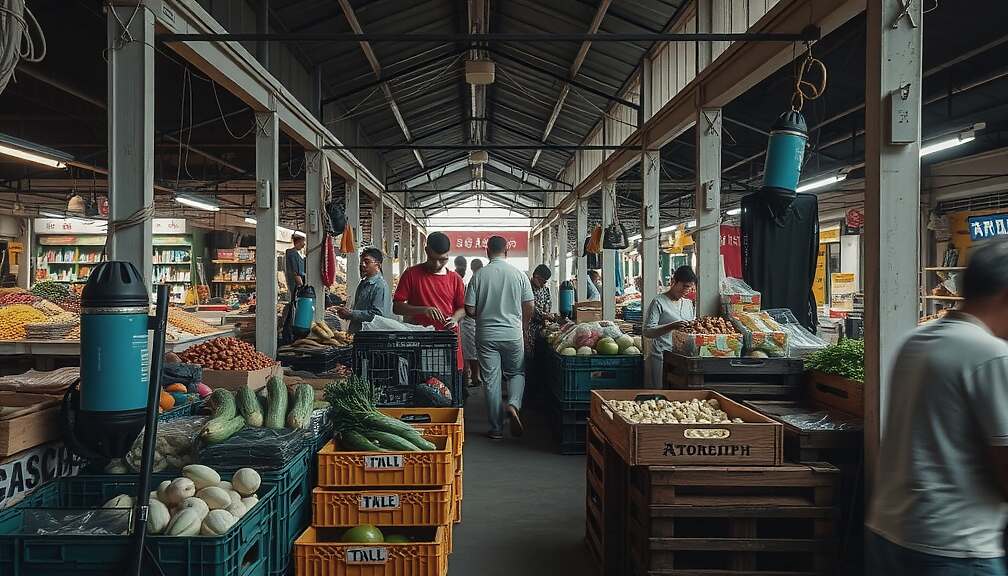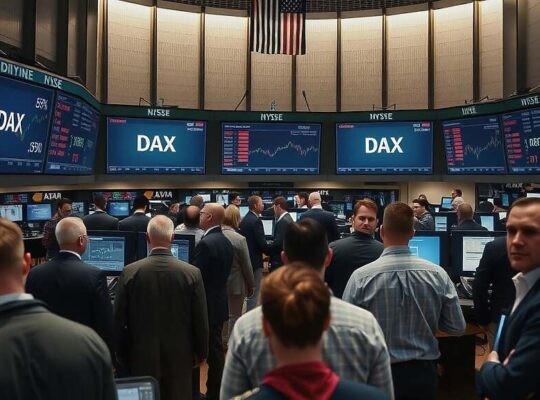The German wholesale price index experienced a noticeable acceleration in September 2025, rising by 1.2% compared to the same month in 2024, according to data released by Destatis, the national statistics office. This surge, following a modest 0.7% increase in August and 0.5% in July, signals a potential shift in inflationary pressures and raises questions about the efficacy of current monetary policy.
The primary driver of this overall increase was a significant spike in prices for food and beverages, alongside tobacco products. Average wholesale prices in this sector jumped 4.2% year-on-year, a marked acceleration from the 0.2% increase observed in August. Critically, staples like coffee, tea, cocoa and spices witnessed particularly dramatic price escalations, soaring by 22.2% compared to September 2024. Increases in sugar, confectionery and baked goods (14.6%), live animals (10.7%), meat and meat products (10.5%) and dairy products, eggs, edible oils and fats (5.6%) further contributed to the upward trend, directly impacting household budgets and potentially exacerbating social inequalities.
The situation is compounded by an equally concerning rise in prices for non-ferrous ores, metals and semi-finished products, where wholesale costs increased by 23.5% year-on-year and a further 4.1% increase compared to August. This likely reflects ongoing disruptions in global supply chains and heightened geopolitical tensions impacting resource availability.
While some sectors saw price declines – notably data processing equipment and peripherals (-4.6% year-on-year) and recycled materials and waste (-9.2% year-on-year) – these are insufficient to counteract the broader inflationary trends. The decline in prices for grains, raw tobacco, seeds and animal feed (-5.2%) and iron, steel and semi-finished products (-4.1%) represents a smaller consolation.
The accelerating wholesale price increases, particularly in essential food categories, are likely to place renewed pressure on the German government and the European Central Bank. Concerns are growing that these price hikes could ultimately translate into broader consumer price inflation, potentially necessitating a recalibration of monetary policy and increased scrutiny of supply chain vulnerabilities. The government’s ability to mitigate the impact on vulnerable populations will be a key political challenge in the months ahead, potentially requiring targeted social support measures and a careful examination of agricultural and trade policies.












